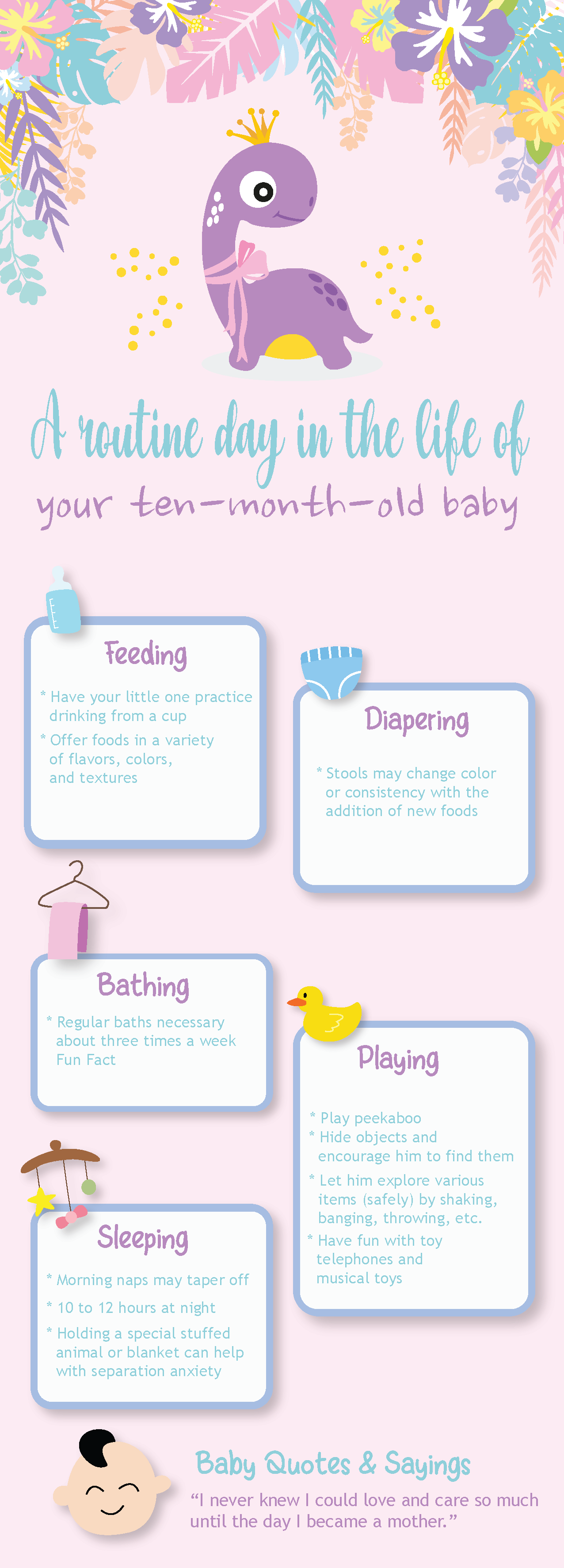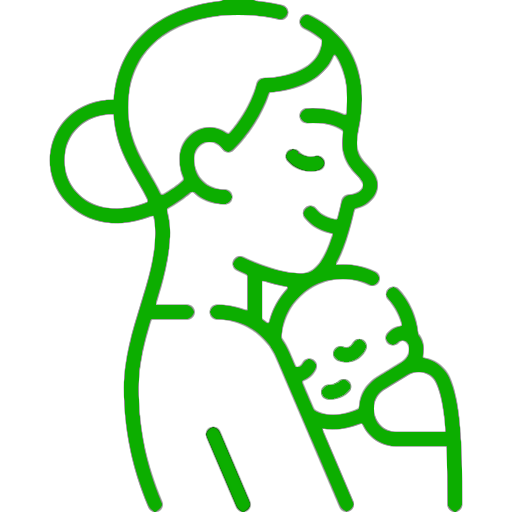Feeding Your 4-Month-Old Baby
Your 4-Month-Old Baby’s nutritional needs are still being satisfied by breast milk, formula, or a combination of the two. The easiest method to tell when it’s time to feed your baby is to look for symptoms of hunger. These signs include licking his lips, poking his tongue out, acting fussy, or sucking on his knuckles. Your infant may require four to six ounces of milk every three to five hours as a general rule.

To ensure your baby is getting enough to eat, keep track of his wet and dirty diapers, as well as stool frequency and consistency. Your doctor will also monitor your baby’s growth over time to ensure that he is eating enough.
One thing will be constant for the foreseeable future: your baby will require an abundance of soft diapers. If you haven’t already, download the Pampers Club app to get prizes and discounts on all those diapers.
How Much Sleep Does a 4-Month-Old Baby Need?
Every day, a 4-month-old baby requires between 12 and 16 hours of sleep. This may imply two daytime naps (three to four hours each in the morning and afternoon) and a lengthier night’s sleep.
Because your infant is more active and alert during the day, unwinding in the evening can be more difficult. Maintain a nightly routine; a warm bath, soothing massage, rocking, or feeding may be precisely what he needs to go asleep.
If you’re having trouble getting your baby to sleep or simply want some helpful advice and practical tips to get you back on track, check out the Lumi by Pampers Smart Sleep Coaching App, which was co-created with paediatricians and combines expert sleep coaching with tools to help you track your baby’s sleep and covers a variety of sleep training techniques, allowing you to select the one that best suits your parenting style!
A Day in the Life of Your Baby
Your baby’s growing curiosity and awareness make every day memorable, and you’re probably feeling more at ease as a parent as you share some simple routines with her. Here’s an example of a 4-month-daily old’s plan that you might use:
Your Baby’s Health: Common Infections
If your infant is coughing or has other symptoms, such as a fever, it’s important to understand the following health issues and illnesses, as well as when to get medical attention:
Fever
A fever usually implies that you are sick. A rectal temperature of 100.4 degrees Fahrenheit or greater is considered a fever in newborns and may indicate that your child is currently fighting an infection. A fever can suggest a variety of ailments, ranging from colds or flu to ear infections or even pneumonia, so it’s advisable to consult your doctor and keep an eye out for additional signs of illness.
Use a digital thermometer to take your baby’s temperature and measure the temperature in her rectum. Insert the device gently, no more than 1/2 inch to 1 inch, and wait for it to beep or light up to get an accurate reading.
Colds
A virus causes a cold, often known as an upper respiratory illness. Colds are quite prevalent (most youngsters will get 8 to 10 colds in their first two years) and extremely contagious. If your baby is in child care or you have older, school-aged children at home, take extra measures. You’re undoubtedly aware of some of the more obvious symptoms of a cold, such as a runny nose, sneezing, slight fever, cough, loss of appetite, and sore throat, but contact your paediatrician if your infant exhibits any of the following:
- lips or fingertips that are blue
- recurring cough (lasting longer than one week)
- being very drowsy or fussy
- temperature more than 102 degrees Fahrenheit
Bronchiolitis
Bronchiolitis, an infection of the lungs’ breathing tubes, is another common viral ailment. It’s highly contagious, so be extra cautious about hand-washing and other hygiene practices throughout the fall and winter months, when infections are more prone to spread. If you detect any of the following symptoms in your baby, contact your paediatrician straight away:
- wheezing while breathing
- cannot consume fluids
- possesses bluish lips or fingertips
- shows signs of dehydration
A Day in the Life of Your Baby
Every baby is different, but here’s a glimpse of what a typical day could look like with your baby.

FREQUENTLY ASKED QUESTIONS
Can I give my 4-month-old baby food?
- No (unless your healthcare provider tells you otherwise). Until the child is six months old, experts prescribe solely breast milk or formula. Around this time, you may notice that your baby’s tongue thrusts are less frequent, that she can keep her head up on her own, and that she appears interested in the foods you’re eating, all of which are signs she’s ready for solid foods.
What toys are appropriate for a 4-month-old baby?
- unbreakable mirror
- textured toys
- musical toys or rattles
- toys with fingerholds to encourage gripping.
When will my baby sleep through the night without feeding?
Some newborns will sleep through the night without waking up until they are 4 months old. Breastfed babies may still require a nocturnal feeding on occasion.
What are the symptoms of dehydration in babies?
- Less than six wet diapers per day in newborns can suggest dehydration. (Anything less than six can indicate severe dehydration.) Look for fewer tears when crying, sunken eyes, and a soft place on the head. Dehydration produced by diarrhoea may result in loose stools, while dehydration caused by vomiting or other fluid loss may result in fewer bowel movements in general.
How will I know when my kid begins to teethe?
Teething symptoms and timing vary from infant to infant, How will I know when my kid begins to teethe? but the first few teeth could develop as early as this month. Teeth sprouting signs include irritability, low-grade fever, frequent drooling, and swollen, sore gums.
Your Life as a Parent: Family Ties
A new baby changes everything for a family. Everyone wants to feel included and connected with the newest family member, from aunts and uncles to cousins and grandparents. This is an excellent moment to enlist the help of your loved ones in caring for the infant. Set aside certain activities for them to undertake to assist you with the baby, such as mealtime, bathtime, or playtime. As a new parent, you’ll appreciate having your parents, in-laws, or other relatives pitch in with tasks like cleaning, grocery shopping, and child care for your older children. It will relieve some of your stress and make everyone feel like they are a part of the family.
One of the most difficult aspects of becoming a new parent is the flood of advice you may receive from well-meaning relatives, friends, and even total strangers! It can be difficult to learn how to deal with unpleasant counsel. Keep in mind that there is no one “correct method” to raise a child in many instances. Pay attention to your child’s indications and make decisions based on your child’s distinct personality, your beliefs, and your unique circumstances. Above all, if you have any questions or concerns, seek expert counsel from your baby’s paediatrician or trusted loved ones.
This page is based on professional advice from reputable medical and government organizations, such as the American Academy of Pediatrics and the American College of Obstetricians and Gynecologists. This page’s material should not be used in place of professional medical advice. For a complete diagnosis and treatment, always seek the advice of a medical expert.













Leave a Reply
View Comments